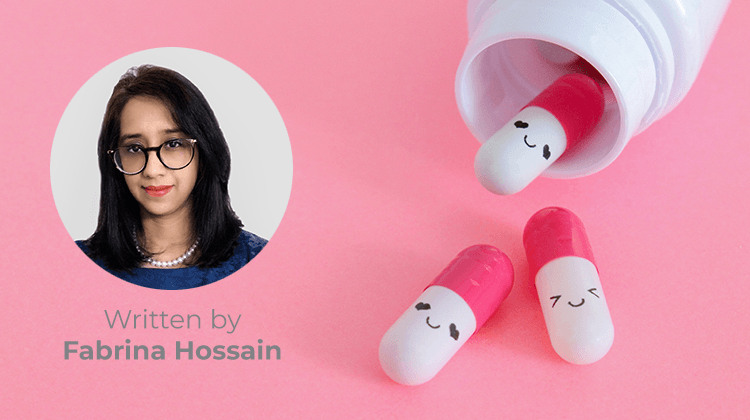Historically, when single dose blood pressure medications were commenced, patients were advised to take them in the morning. This is because blood pressure follows our natural sleep cycle and dips when we are sleeping and rapidly rises in the morning when we get up. It was thought that taking medication in the morning would provide the most benefit as it would reduce that initial increase in the morning.
At the end of 2019, the results of a large study that looked at bedtime dosing of blood pressure medication were published in the European Journal of Cardiology [1]. The study looked at 19,000 patients in Spain in a primary care setting, and it compared the cardiovascular outcomes between those who took their medication at night and those who took it in the morning, with a mean follow up of just over 6 years. The study found a significant improvement in the outcomes of those who took their medication at bedtime with a reduction in the number of heart attacks, strokes, and heart failure in that group.
The study itself was quite comprehensive and had a good follow up period of 6 years. It is important to note that they only included patients in the study if they did not have any history of pre-existing kidney failure, heart failure, retinopathy, abnormal heart rhythms or alcoholism, and they did not include shift workers. They also did not include pregnant patients or those with secondary hypertension. The authors split the groups in half and had one group take all of their medications in the morning, and the second group take all of their medications before bed.
Patients’ blood pressure control was monitored during their GP visits in addition to doing an annual 48-hour ambulatory blood pressure test. This test involves wearing a blood pressure monitor for 48 hours with BP check every 20 – 30 minutes to get a good picture of the blood pressure fluctuations over a 48 hour period.
The authors found that those taking their medications at night had overall better control of their blood pressure in addition to needing fewer medications to keep to the recommended targets. The study also found that there was a 45% reduction in cardiovascular events such has heart attacks, angina, strokes and heart failure in the group who took their medications at night. Moreover, they did not find any adverse events to occur in that group.
There have been some other smaller studies that have also looked at morning versus bedtime dosing of blood pressuring lowering medications [2], which showed better blood pressure control without any adverse effects of taking blood pressure medications at night. However, there have been a number of small ophthalmological studies that have shown a detrimental effect for those with certain eye conditions if their night-time blood pressure drops too low [3], or if they take their blood pressure medications at night [4].
To date, there have not been any changes to the current Cardiology or Heart Foundation guidelines to routinely recommend changing patients over to bedtime dosing. However, for some patients the benefits would clearly be substantial.
Before changing over to bed-time blood pressure medication dosing, it would be a good idea to discuss with your GP or Cardiologist if this is suitable for you.
Authored by:
Dr. Fabrina Hossain
Clinical Advisor at Best Practice Software
References
[1] https://academic.oup.com/eurheartj/advance-article/doi/10.1093/eurheartj/ehz754/5602478
[2] https://www.ncbi.nlm.nih.gov/pmc/articles/PMC4091949/
[3] https://pubmed.ncbi.nlm.nih.gov/8172267/
[4] https://pubmed.ncbi.nlm.nih.gov/22424547/

